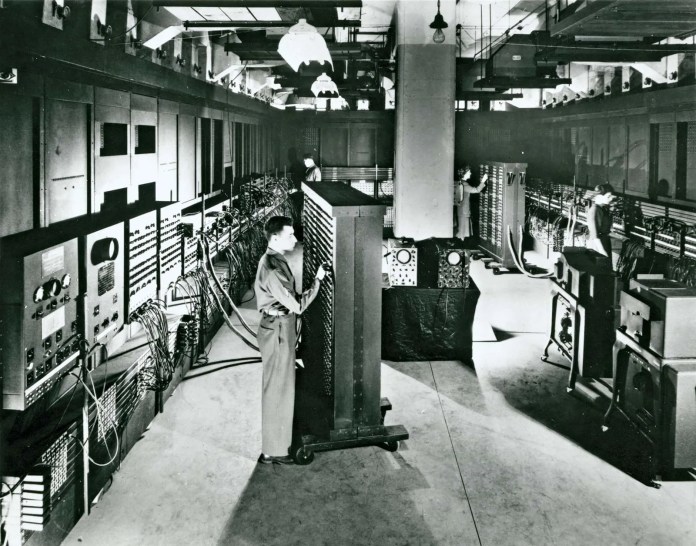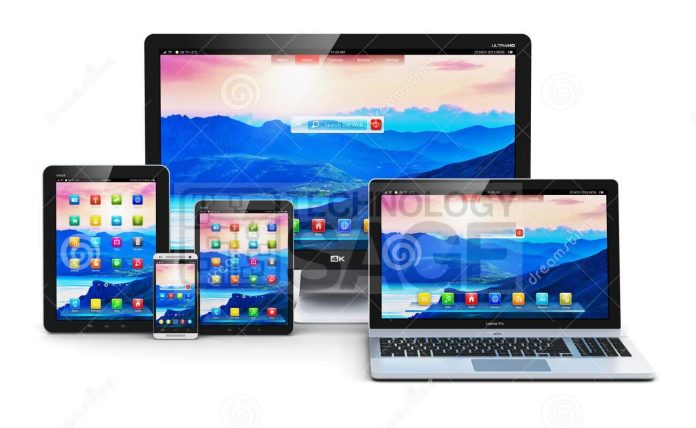The evolution of computers has been a fascinating and exciting journey. From the first primitive calculating machines to modern-day supercomputers, computers have come a long way in terms of their capabilities and complexity.
I. Early Computing Devices
A. The Abacus
In the early days of computing, the focus was on creating machines that could perform basic calculations. The first known calculating machine was the abacus, which was invented in ancient Mesopotamia around 2500 BC. This device used a series of beads on rods to perform basic arithmetic operations.
B. Mechanical Calculators
As time went on, more sophisticated calculating machines were developed. The first mechanical calculator was invented in the 16th century by Wilhelm Schickard. This machine was able to perform addition and subtraction, but it was not very reliable and could only handle small numbers.
II. The First True Computers
A. Charles Babbage’s “Difference Engine”
It wasn’t until the 19th century that the first true computers were developed. In 1822, Charles Babbage designed the “Difference Engine,” which was capable of performing complex mathematical calculations. Although the Difference Engine was never built, Babbage’s designs laid the foundation for modern computers.
B. The ENIAC
The first electronic digital computer, the ENIAC (Electronic Numerical Integrator and Computer), was developed during World War II by a team of researchers at the University of Pennsylvania. This massive machine weighed 30 tons and used 18,000 vacuum tubes to perform calculations. Despite its impressive capabilities, the ENIAC was slow and unreliable.
III. The Development of the Microprocessor and Personal Computer
In the decades that followed, computers continued to evolve and become more powerful. The development of the microprocessor in the 1970s led to the creation of the personal computer, which made computing accessible to the general public.
IV. Modern Computers
Today, computers are an integral part of our daily lives. From the smartphones, we carry with us everywhere to the supercomputers that power our most advanced scientific research, computers have come a long way since the days of the abacus.
V. Conclusion
As we look back on the evolution of computers, it’s clear that they have come a long way in a short period of time. From simple calculating machines to the powerful supercomputers of today, the progress that has been made is truly remarkable.
VI. Future Developments in Computing
As we move into the future, it will be exciting to see how computers continue to evolve and what new capabilities they will gain. Whether it’s the development of artificial intelligence or the creation of new ways to store and process data, the future of computing is sure to be filled with exciting innovations.


